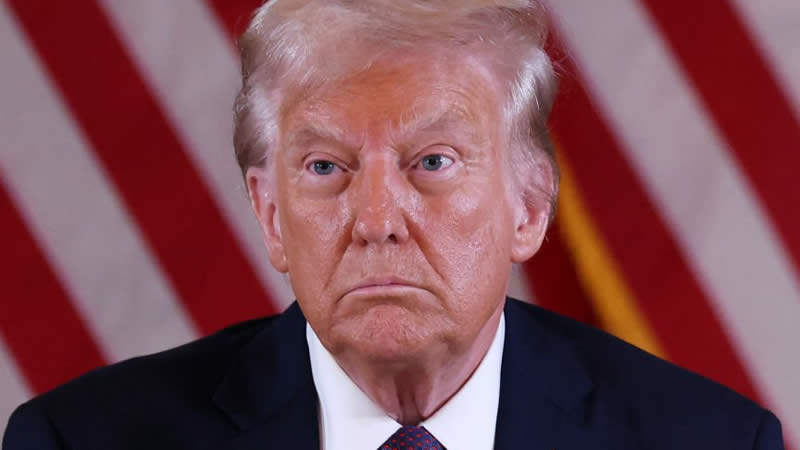President Donald Trump’s decision to withdraw the United States from the World Health Organization (WHO) on his first day back in the Oval Office has drawn widespread criticism from experts who warn of significant consequences for public health and national security. The move, part of a series of executive actions signed Monday night, is seen as a blow to the nation’s role as a global health leader.
The withdrawal could hinder the country’s ability to effectively combat future pandemics. According to The New York Times, the decision will “make it more difficult to combat the next virus outbreak” and weaken the Centers for Disease Control and Prevention’s (CDC) access to critical global health data.
Trump, who has long criticized the WHO, justified the withdrawal by citing what he called the organization’s “mishandling of the COVID-19 pandemic” and its “failure to adopt urgently needed reforms.” His frustrations with the WHO date back to 2020 when he accused the organization of mismanaging the global pandemic response and favoring China.
In July 2020, Trump initiated formal steps to pull the U.S. out of the WHO, but then-President Joe Biden blocked the plan after Trump lost the election. Biden’s decision allowed the U.S. to remain part of the organization, but Trump’s renewed effort has once again sparked alarm among public health experts.

“Leaving the W.H.O. would mean, among other things, that the Centers for Disease Control and Prevention would have no access to the global data that the agency provides,” the Times reported. For instance, when China released the genetic sequence of the novel coronavirus in 2020, the WHO shared this critical information with other nations, facilitating the global response.
Lawrence O. Gostin, a public health law expert at Georgetown University, described the move as “a grievous wound” to public health. He further warned that the decision presents “an even deeper wound to American national interests and national security.” The World Health Organization, established in 1948 with significant support from the U.S., has played a key role in addressing global health challenges.
Its mission, according to its website, is to “confront the biggest health challenges of our time and measurably advance the well-being of the world’s people.” Trump’s decision to withdraw underscores his administration’s ongoing criticism of international organizations, but it also raises questions about the nation’s preparedness for future health crises.

